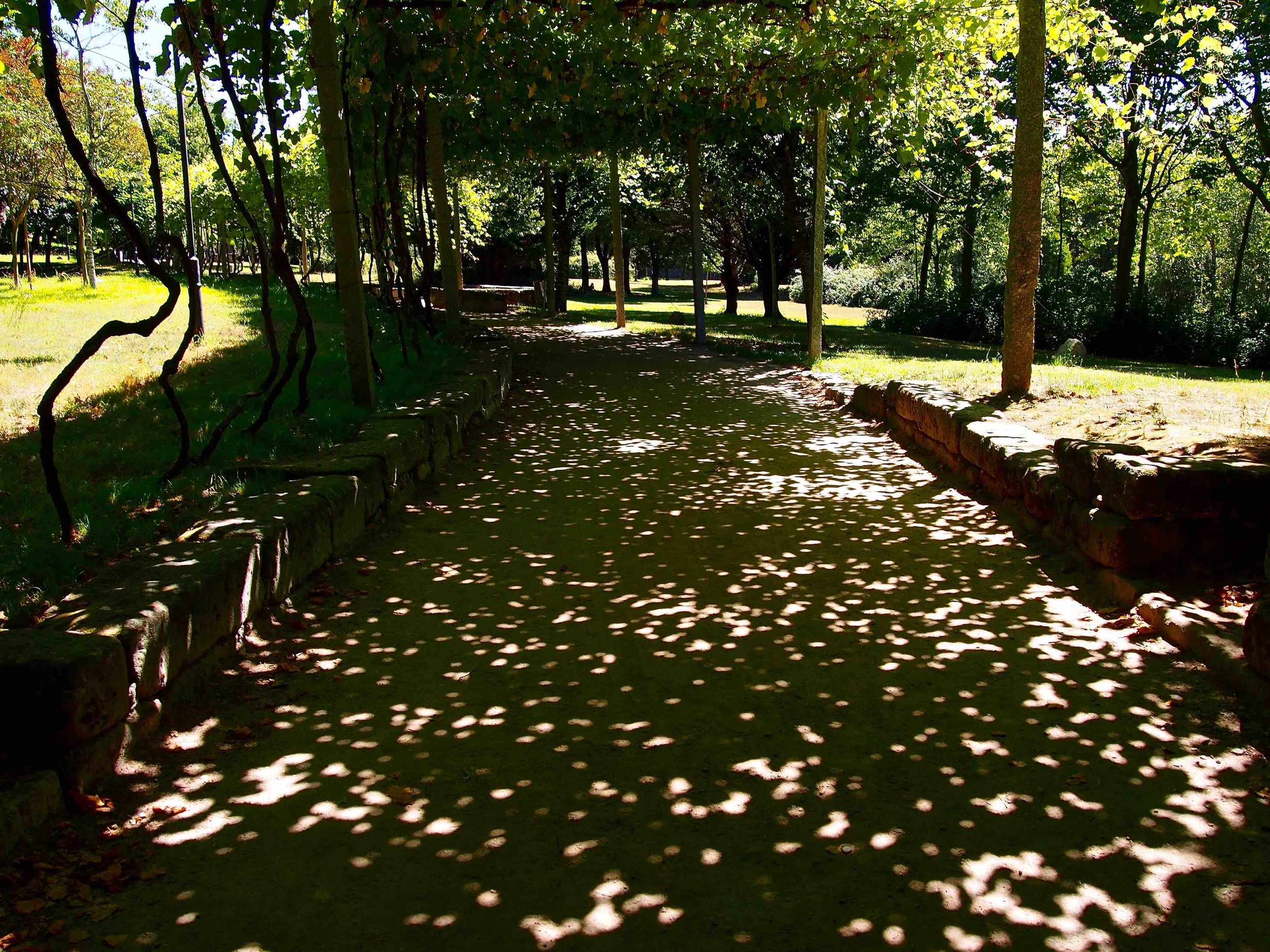George Bernard Shaw, the playwright, liked quoting from his writings—“to spice up the conversation,” he would explain. I imagine he did it with a smirk and a wave of his hand, the better to annoy his listeners.
Here’s me, smirking and quoting myself from my book The Integrated String Player, which is being published in a couple of months by Oxford University Press. In the book, I’m making a point about acquisitive and receptive awareness.
You’re acquisitive when you have a goal, the desire to capture information precisely, the need to pay attention to something or someone, or the obligation to reuse, later on, the information you’re capturing. You’re acquisitive when you use analytical capabilities, labels, comparisons, and judgments. You’re acquisitive when you want to be better than someone else at the game. It’s a wonderful ability to have at your disposal: when you’re skillfully acquisitive, you get a lot of things done. It represents the adult in you, responsible and focused.
You’re receptive when you put aside goals, desires, needs, obligations, comparisons, and judgments. Having no objectives, you might not get anything done, although you’re likely to have all sorts of rich sensorial experiences. It’s another wonderful ability to have at your disposal. It represents the child in you, innocent, curious, and open to everything.
As it happens, I blogged about this sometime ago. You can read it here if you’re interested.
Acquisitive and receptive awareness apply to all areas of human endeavor. You can listen to music acquisitively, when you want to analyze it, memorize it, and pass a music-theory test; or receptively, just to have come-what-may emotional responses. You can smell a flower (or a cup of coffee, or the nape of your beloved when she comes out of the shower) acquisitively by sniffing, or receptively by being close to the source of the fragrance and breathing normally. Believe me, coffee smells different when you sniff (which is “doing”) and when you breathe normally (which is “being”).
I had a busy summer. In Paris, I spent a lot of time correcting the proofs and creating the index for my forthcoming book. And I traveled far and wide: Oxford, Porto, Stockholm, Buenos Aires, Montevideo, São Paulo. My wife Alexis accompanied me to Porto and to Stockholm; elsewhere I traveled solo, to give lessons, workshops, and performances.
While traveling, solo or with Alexis, I practiced the art of acquisitive and receptive tourism. Balancing the two frames of mind makes for a wonderful experience. In Porto, for instance, I had two professional engagements, for which I had precise places to go at precisely appointed times. The adult needed to show up, and he did show up reliably. Outside these engagements, Alexis and I were free to do as we pleased, and that’s what we did. Get up early, or get up late? Go to the river, or go to the town? Linger, or rush? Follow the map, or meander?
Every day we had an informal plan, which we executed informally. We developed a quick intimacy with the city, absorbing its moods and enjoying its sights, sounds, and smells. Do you want to go inside this church? Not particularly. Okay, we move on. Do you want to take this alleyway? Sure. Hey, look: cats, graffiti, a hidden coffee shop. Let’s go in.
The city’s soundscapes were unique: seagulls galore, singing their hearts out; buskers, some good, some . . . no, let’s not spoil our mood by listening acquisitively to a poor soul eking out a living. He’s what he is, doing what he’s doing. Listen to him acquisitively, and his voice enters your ears and brain and stays there, poking you and spoiling your vacation. Listen to him receptively, and the sounds come and go; his busking becomes authentic because you aren’t filtering it with predetermined aesthetic values.
What should you see when you go to Porto? “Should” is an acquisitive word. Go to Porto and be there; explore and enjoy. Or sleep all day. The receptive heart welcomes whichever experience comes its way. Churches, train stations, hills, alleyways, the river and the beach, museums, restaurants, buskers, seagulls. Your receptive journey will be remarkable; “your” Porto won’t be like anyone else’s.
I won't bore you with every detail of my receptive summer. But if you're curious to see and hear how "my" Stockholm differed from "my" Porto, here's a little video clip.
©2017, Pedro de Alcantara
















